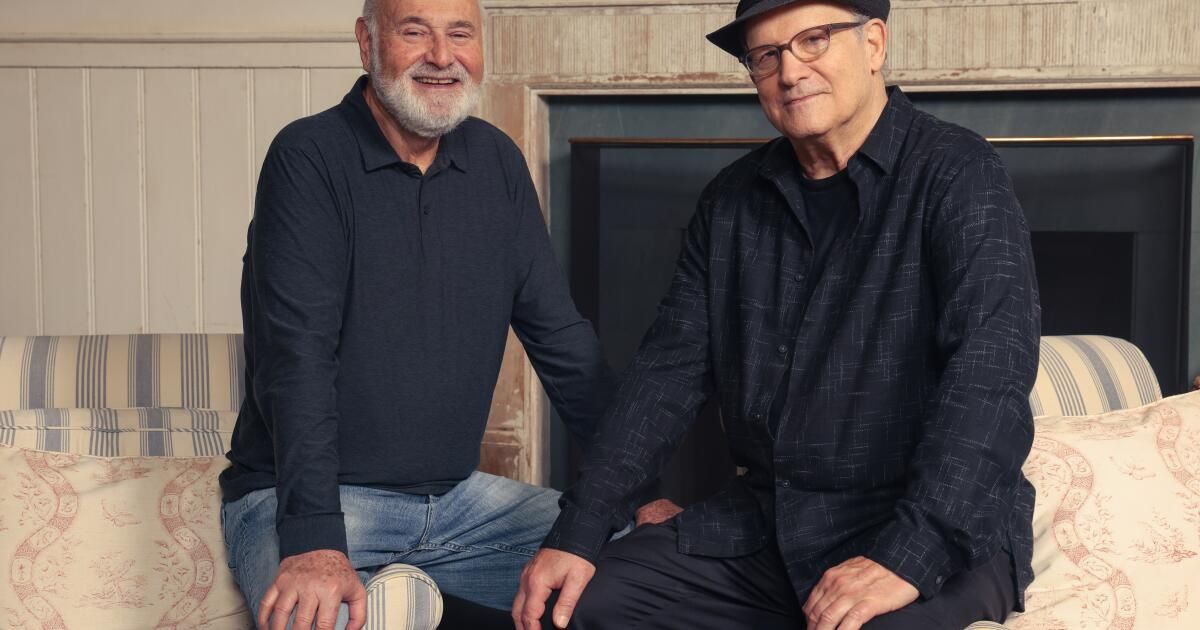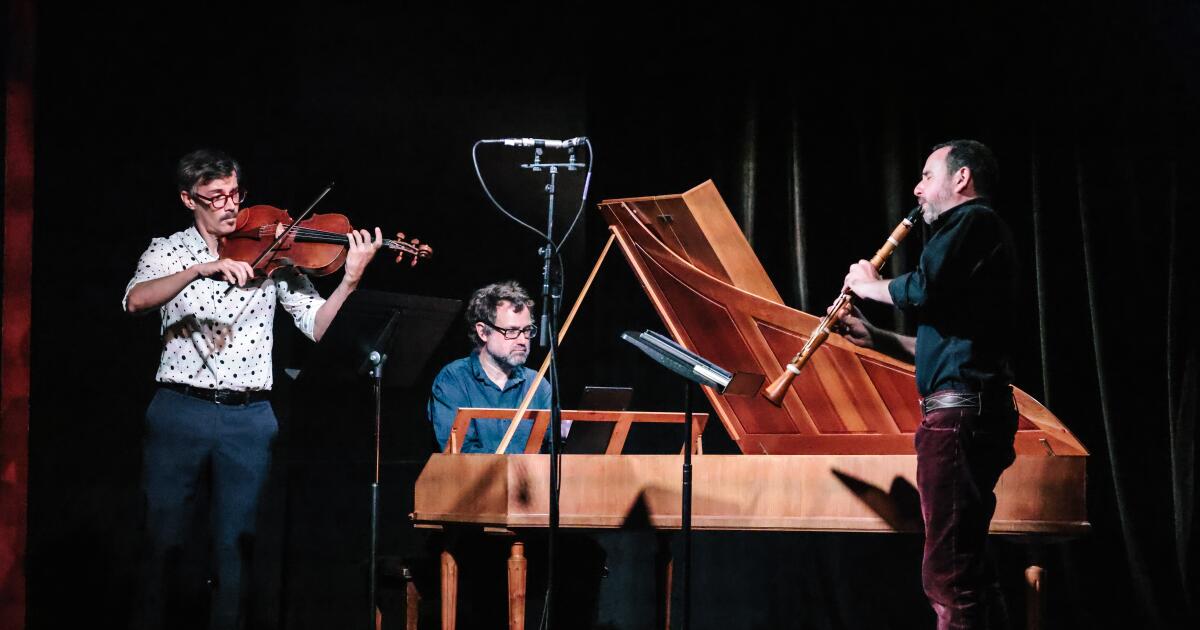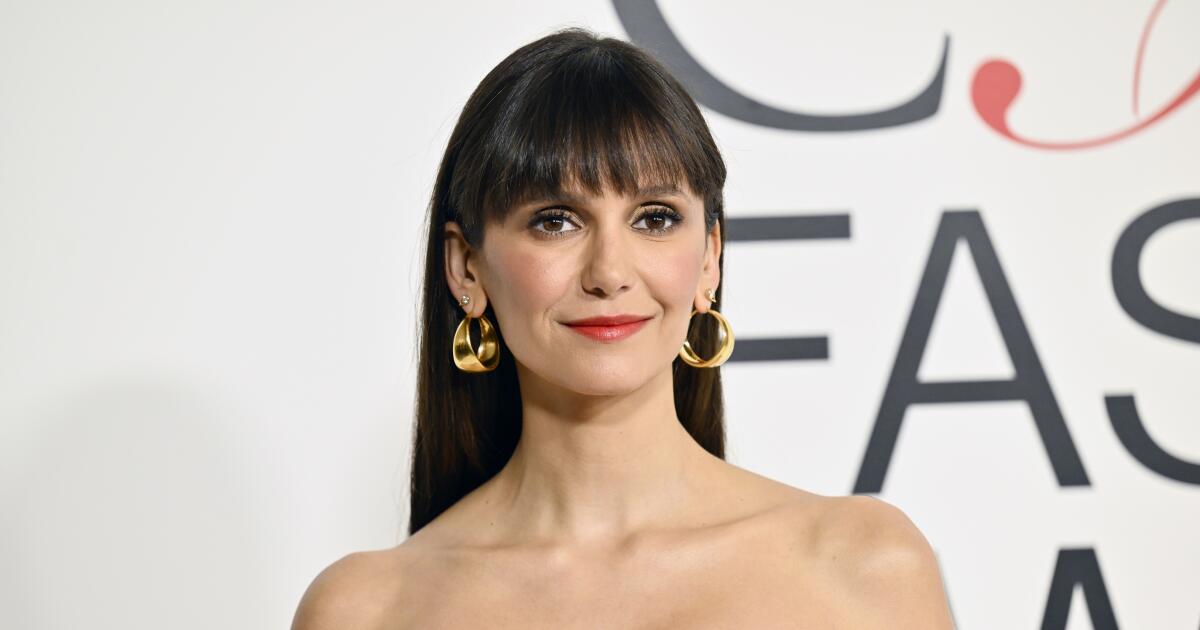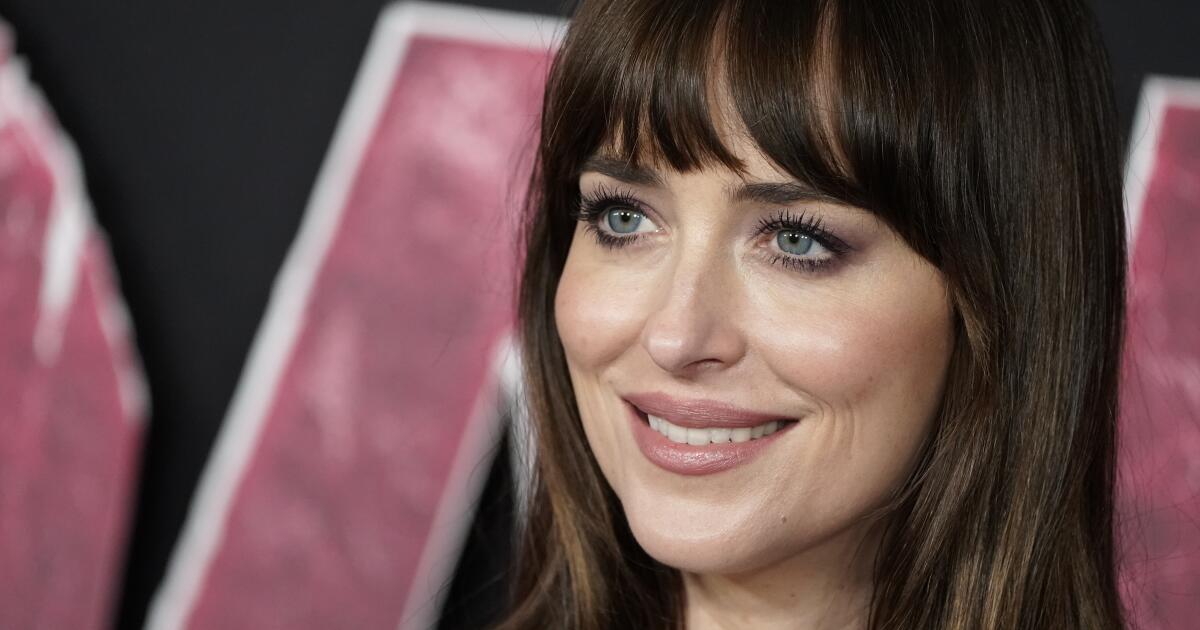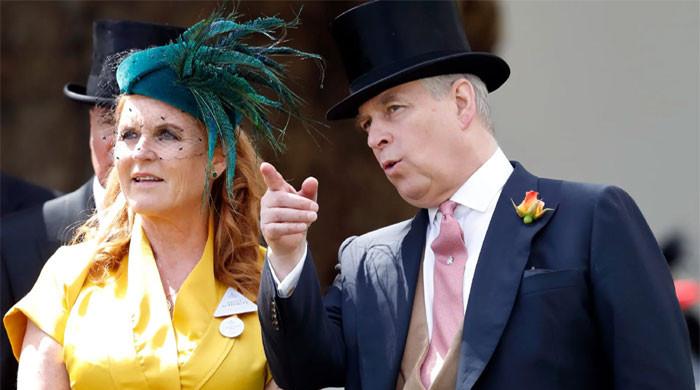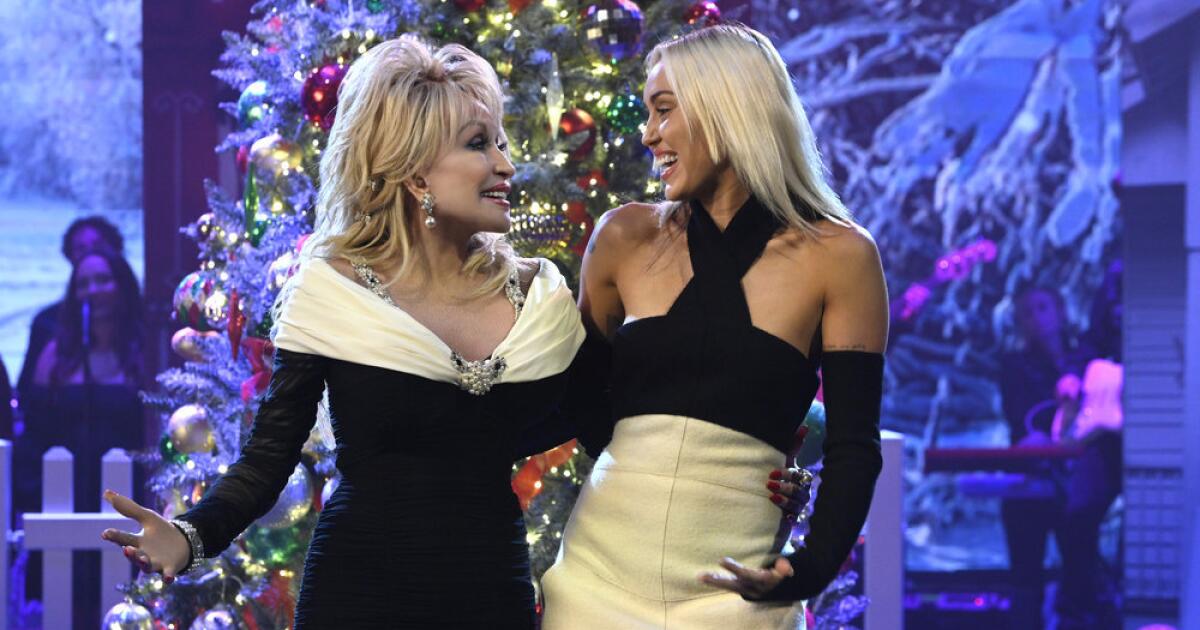Rob Reiner launched his film career with the 1984 mockumentary This Is Spinal Tap. But now, after four decades of feature films, including generational touchstones like The Princess Bride and When Harry Met Sally…, he has made a proper documentary. The subject is close to Reiner’s heart and has been since they met as teenagers at Beverly Hills High School: Albert Brooks, writer, director, actor, comedian and cultural revolutionary.
“It’s like with any documentary, fake or real, you’re basically writing the movie with the pieces of film,” Reiner said during a recent phone conversation as he prepared “Spinal Tap II” for a preview screening with friends and family (“I’m really nervous because I don’t know… I’m anxious to see how people respond”).
“There’s no script,” he continued of “Albert Brooks: Defending My Life” (a pun on Brooks’ 1991 comedy “Defending Your Life,” with Meryl Streep). “It’s like putting together a puzzle where there’s no picture on the box. For me, it was a little bit easier because I know the picture is Albert. It’s all going to be about Albert. And I know Albert as well as anybody. They always say, ‘How do you make a sculpture of an elephant?’ Well, you cut out everything that’s not an elephant. So I made sure I cut out everything that wasn’t an elephant…
Rob Reiner's documentary chronicles Albert Brooks' career as a comedian, actor and filmmaker.
(Dania Maxwell/Los Angeles Times)
“Is this a weight issue? What are you talking about?” Brooks, who is also on the call, interrupts.
—No, no, it's not a question of weight. He could just as easily have said a flamingo.
“I'll keep the snake.”
“Okay, snake. So I cut off everything that wasn’t Albert.”
Still, Reiner adds, “it was hard for me because there was just too much stuff.”
The film illuminates a singular career that was always ahead of its time, as the men, now both 77, chat over a “My Dinner with Andre”-style meal at Matteo’s, an old-school Hollywood hangout that was once a favorite of the Rat Pack. They indulge in anecdotes from their 60-year friendship, while digging into the roots of Brooks’ radical approach to comedy — which made him a legendary guest on Johnny Carson’s “Tonight Show” and influenced generations of comedians — and his prescient work as a filmmaker, which, among other things, forecast the rise of reality television in 1979’s “Real Life.”
And then there's an entire acting career beyond his own films, with memorable roles in everything from “Taxi Driver” to “Drive,” and an Oscar nomination for supporting actor in “Broadcast News.”
For Brooks, it was a good opportunity to remind those who might not otherwise know that his resume includes more than voice acting for Disney animation.
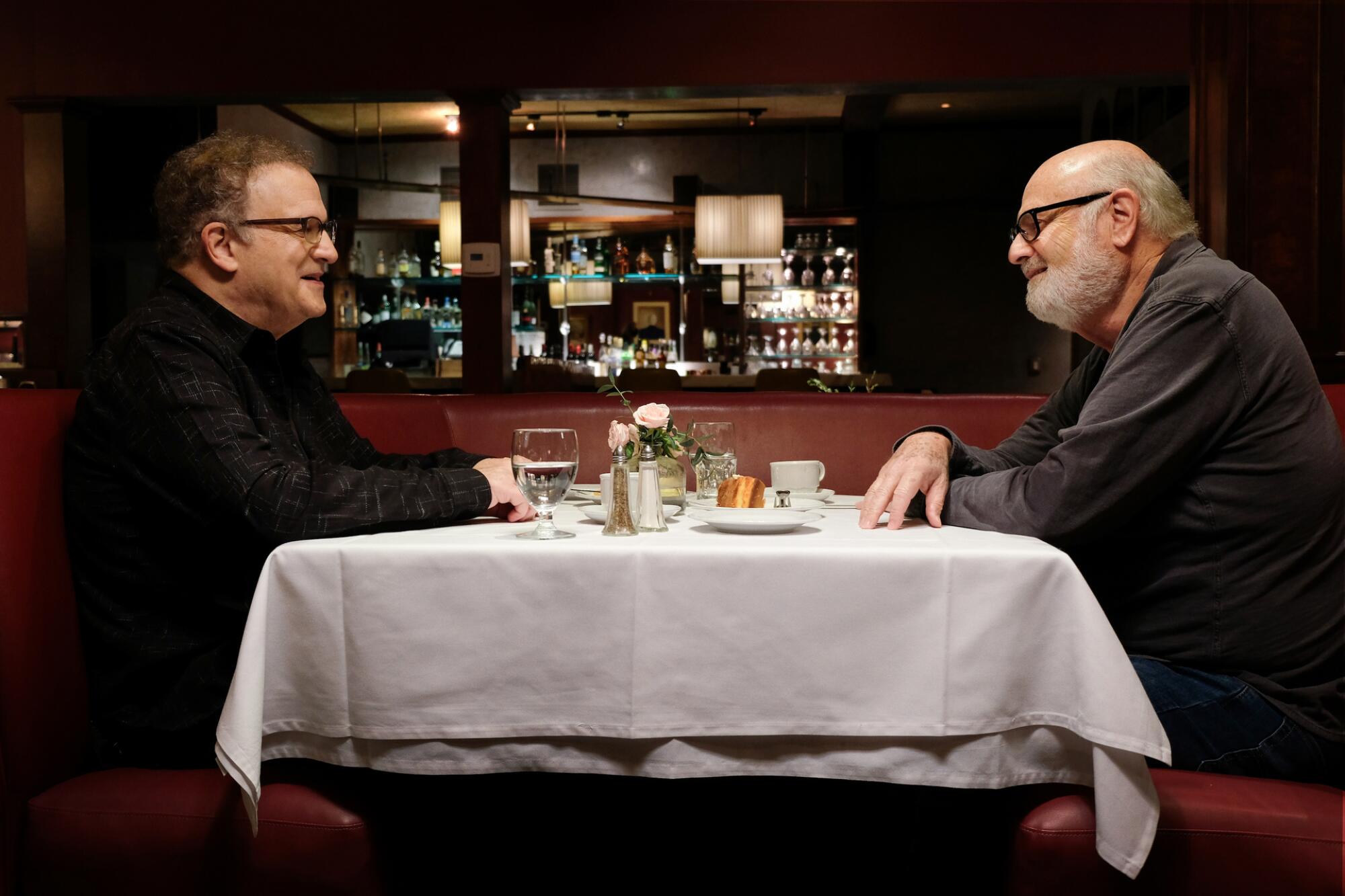
In the documentary, Albert Brooks, left, and Rob Reiner chat over a meal at an old-school Hollywood restaurant, sharing anecdotes from their 60-year friendship and delving into Brooks' comedy career.
(HBO)
“You know,” Brooks said, “for a while people would come up to me and be really nice and assume that I was born doing the fish and ‘Finding Nemo,’ and that was it. So it was nice to be able to say, like your parents do, ‘I was here a long time before you. ’”
Reiner assembled an extraordinary array of archival material, including much that brings to life the worlds of Brooks’s parents: Harry Einstein, a master of Greek-dialect comedy whose Parkyakarkus character was popular on the radio shows of Eddie Cantor and Al Jolson, and Thelma Leeds, a singer and actress who had a brief film career before her marriage. “Some of my mother’s stuff I’d never seen,” said Brooks (who was born, yes, Albert Einstein), pointing to a moment in the 1937 film “The Toast of New York” “where she walks down a long staircase and then sits on Cary Grant’s lap. That’s her first movie. She was like an extra. And I’m like, ‘Where did that come from? ’”
Brooks’ revelation about how he learned his father had died — immediately after he had sent the crowd into a frenzy with a monologue at a 1958 Friars Club party featuring Lucille Ball and Desi Arnaz — came as a big surprise to Reiner. Brooks, 11, always went to sleep with the radio on, which his mother would turn off in the middle of the night. “The night his father died, he woke up and the radio was still on, and he knew that right then,” Reiner said. “He’d never heard that, and it was pretty moving to hear.”
Importantly, Reiner allows the flashbacks to Brooks’ stand-up routines some breathing room. “You see a lot of documentaries about comedians… but you only see a small detail,” Reiner said. “I wanted people to see enough of what he does so they would really understand how brilliant he is.”
Brooks, who has a role in the upcoming James L. Brooks comedy “Ella McCay,” is happy to have her life, so far, so carefully organized.
“If any of my kids have kids, all they have to do is sit them down for 88 minutes and that’s it,” he said, “because I couldn’t explain to my kids who my dad was. They’d have to listen to old radio shows and they were willing to try. Rob put it all in one place. I was so overwhelmed with that feeling that something really good had been done that my kids could show their kids someday. It’s like the best home movie you could ever have. Yeah, and by the way, I don’t want this to be the end. Maybe we can do Part 2.”

